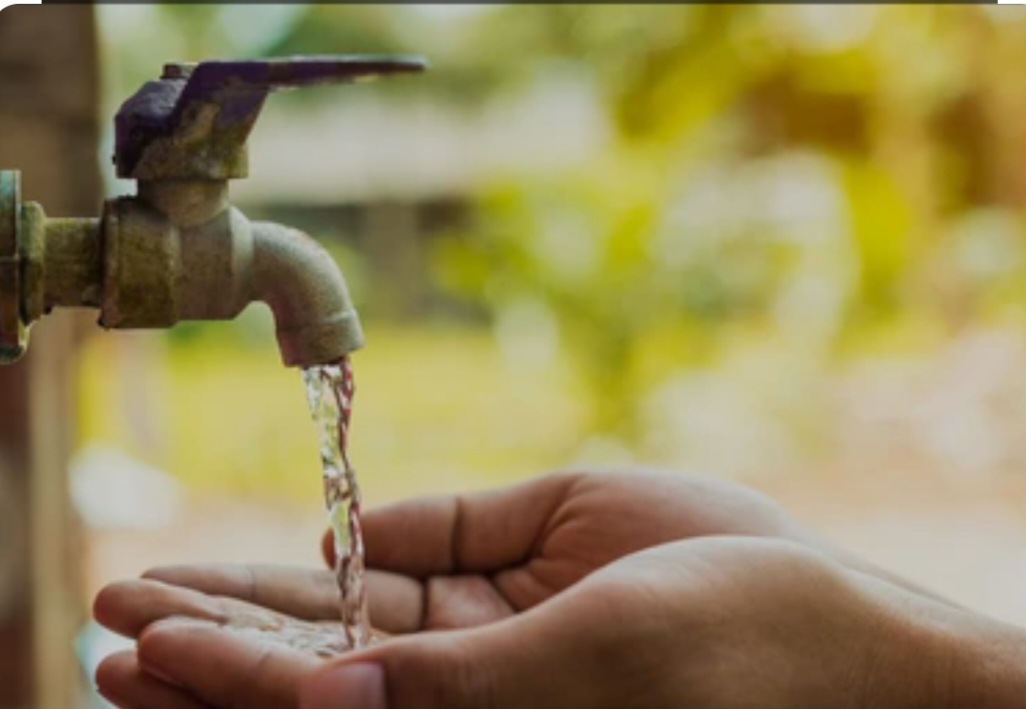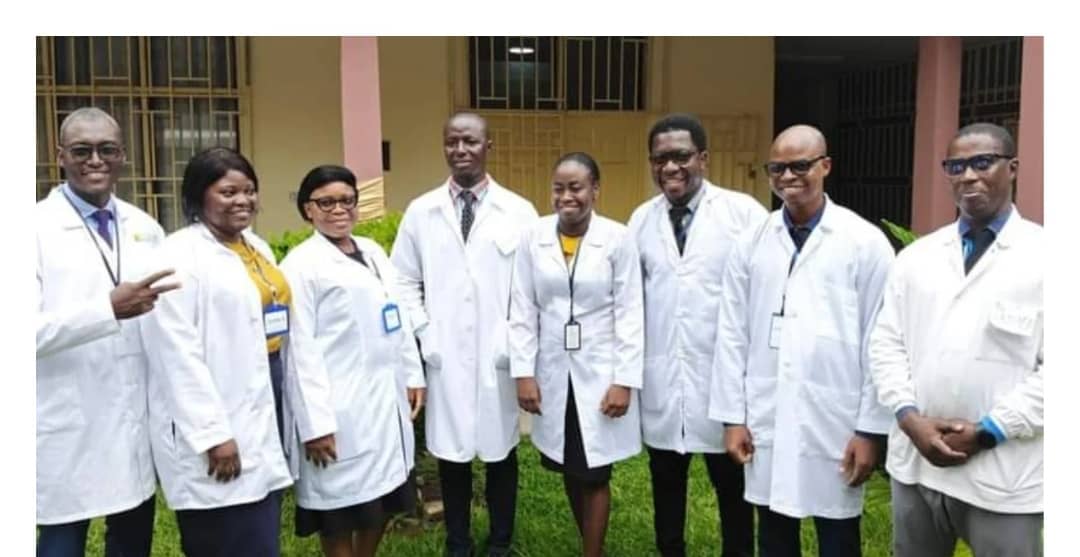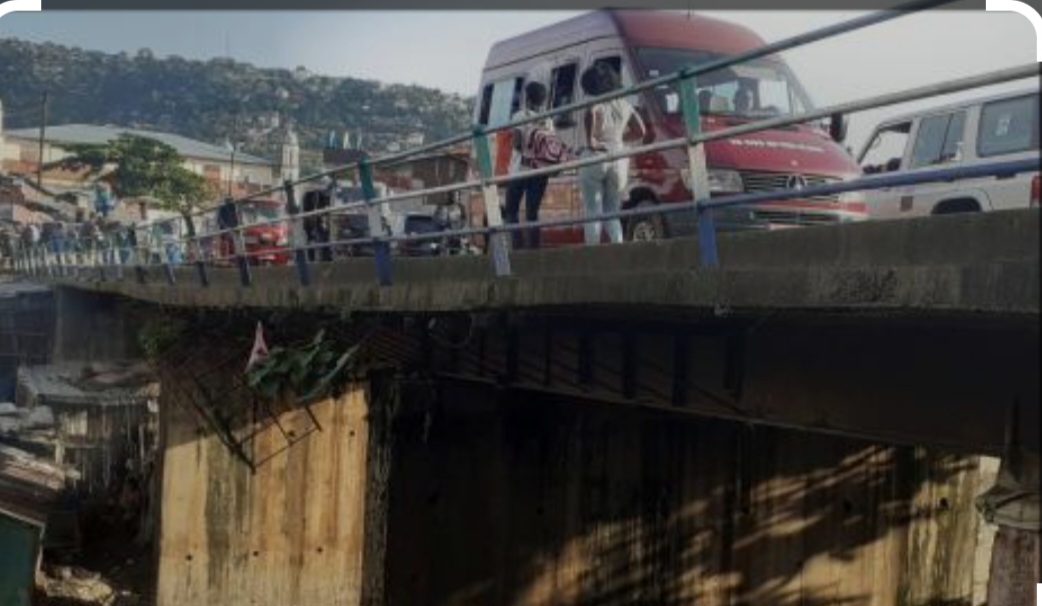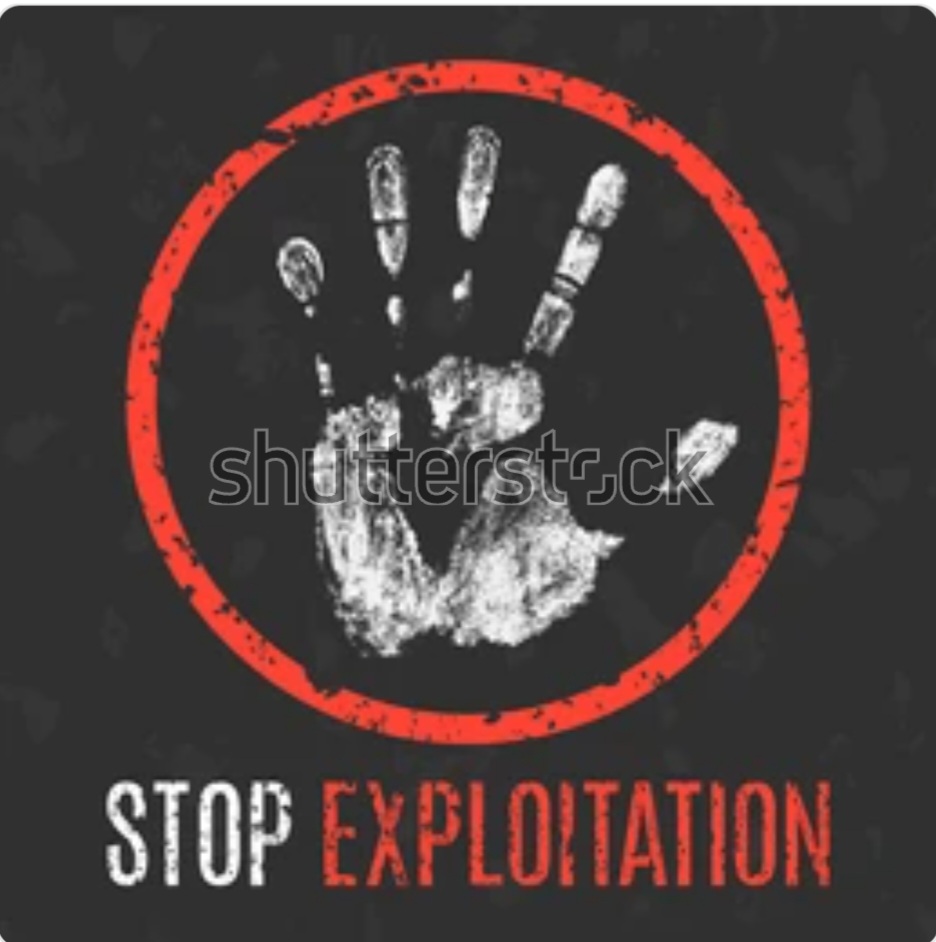By: Elizabeth A. Kaine
A growing body of evidence suggests that contaminated drinking water is a leading cause of liver and kidney diseases in Sierra Leone. Despite this alarming reality, the country’s water remains largely unregulated and untreated, putting thousands of lives at risk.
According to medical experts, prolonged consumption of contaminated water can lead to liver damage and disease, kidney failure and disease, and even increase the risk of cancer. The situation is dire, with many Sierra Leoneans already suffering from avoidable illnesses.
“The link between contaminated water and liver and kidney diseases is clear,” said Dr. Mohamed Kamara, a leading nephrologist. “We see patients every day who are suffering from waterborne illnesses that could have been prevented with access to clean drinking water.”
The problem is widespread, with contaminated water sources supplying homes, schools, and communities across the country. Chemicals, heavy metals, and pathogens lurk in every sip, slowly damaging livers and kidneys.
As I watch my fellow Sierra Leoneans suffer from avoidable liver and kidney diseases, I am compelled to speak out about the toxic tap water crisis that is ravaging our nation. It’s a crisis that demands immediate attention from our government, and here’s why:
Contaminated water is a leading cause of liver and kidney diseases, and it’s also causing a range of other health problems, from diarrhea and cholera to cancer and even death. The economic burden of this crisis cannot be overstated, with healthcare costs skyrocketing and families forced to spend their hard-earned money on treatment for waterborne illnesses.
But it’s not just a matter of economics – it’s a matter of human rights. Access to clean water is a fundamental human right, and our government has a duty to protect it. Yet, our water companies are failing to deliver safe drinking water, with most of the water produced not fit for human consumption.
The government must take responsibility for ensuring that our water companies are up to task. This means regular inspections, rigorous testing, and strict enforcement of safety standards. Anything less is a dereliction of duty.
But it’s not just the government’s responsibility – the water companies themselves must also step up. They must invest in modern treatment facilities, train their staff, and prioritize safety above profits.
We need a mechanism to assess every water factory, to ensure that the water they produce is clean and safe for drinking. This could be an independent regulator, or a government agency with teeth. Without these measures, we will continue to see Sierra Leoneans suffer from waterborne illnesses, and our nation will never reach its full potential. The time for action is now.






